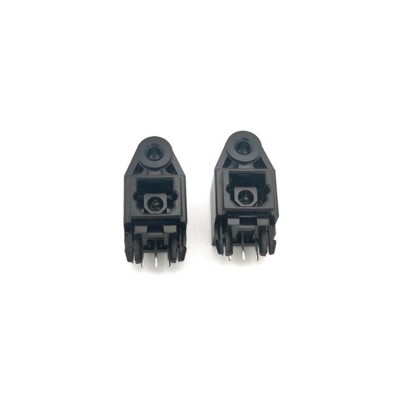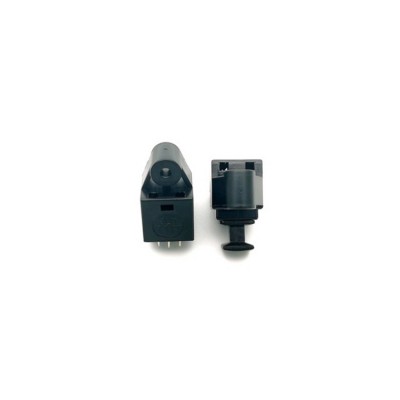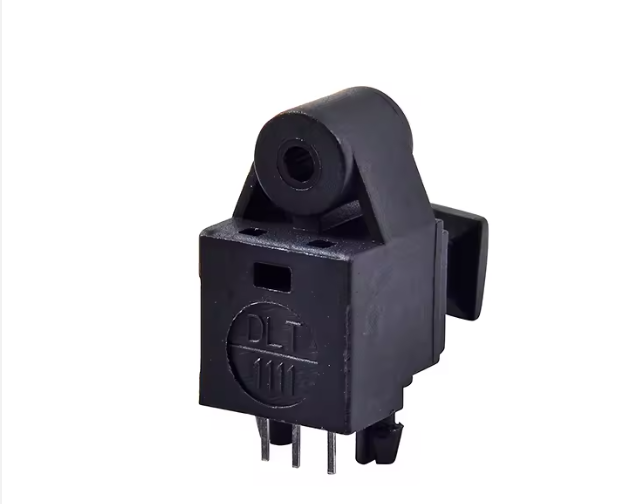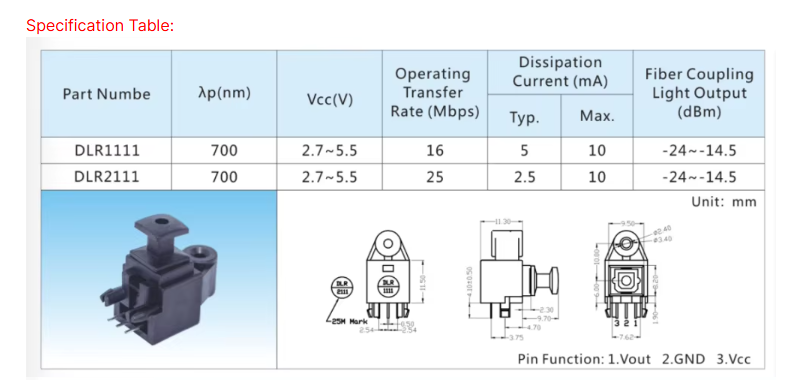



The Kinz DLR1111 & DLT1111 is a high-quality Toslink optical audio converter kit designed specifically for digital audio interface conversion needs. This kit includes a DLT1111 transmitter and a DLR1111 receiver, efficiently and losslessly converting optical (S/PDIF) signals to coaxial digital audio signals. With a simple connection, you can expand the optical audio input/output capabilities of your TV, game console (such as the PS5 or Xbox), computer, or traditional amplifier, seamlessly resolving the issue of interface mismatches between devices. Utilizing high-quality chipsets, it ensures stable signal transmission with near-zero latency, effectively eliminating electromagnetic interference, and faithfully reproducing the purest, most detailed original digital sound quality, making it a convenient solution for enhancing your home audiovisual and gaming experience.
Toslink DLR1111
The Toslink DLR1111 is a fiber optic receiver module designed for digital audio transmission. It plays a key role in connecting various audio devices, efficiently converting optical signals into electrical signals.

Working Principle
When digital audio signals from an optical fiber reach the DLR1111, its internal photodiode (PD) senses the light signals. These optical signals carry audio data in the form of specific light pulses, which the PD converts into corresponding electrical signal changes. Internal signal processing circuits then amplify, reshape, and decode these electrical signals, restoring the original digital audio signals for processing and playback by subsequent audio devices.
Toslink DLT1111
The Toslink DLT1111 is a fiber optic transmitter module corresponding to the DLR1111. It converts digital audio signals into optical signals for efficient transmission via optical fiber.

Working Principle
The DLT1111 begins by receiving digital audio signals from an audio source device, such as audio data from a computer sound card or a digital audio player. The internal driver circuit precisely controls the light-emitting diode (LED) based on the input signal. The audio signal is encoded in binary digital form, which the driver circuit converts into on-off pulses for the LED, thereby modulating the audio signal onto an optical signal. These optical signal pulses, carrying the audio information, are coupled to a fiber optic cable via a Toslink optical interface. Transmitted over long distances, the optical signal significantly reduces signal interference and attenuation compared to traditional electrical signal transmission.
Application areas:
Audio equipment
Digital optical data link
MD
Sound card
